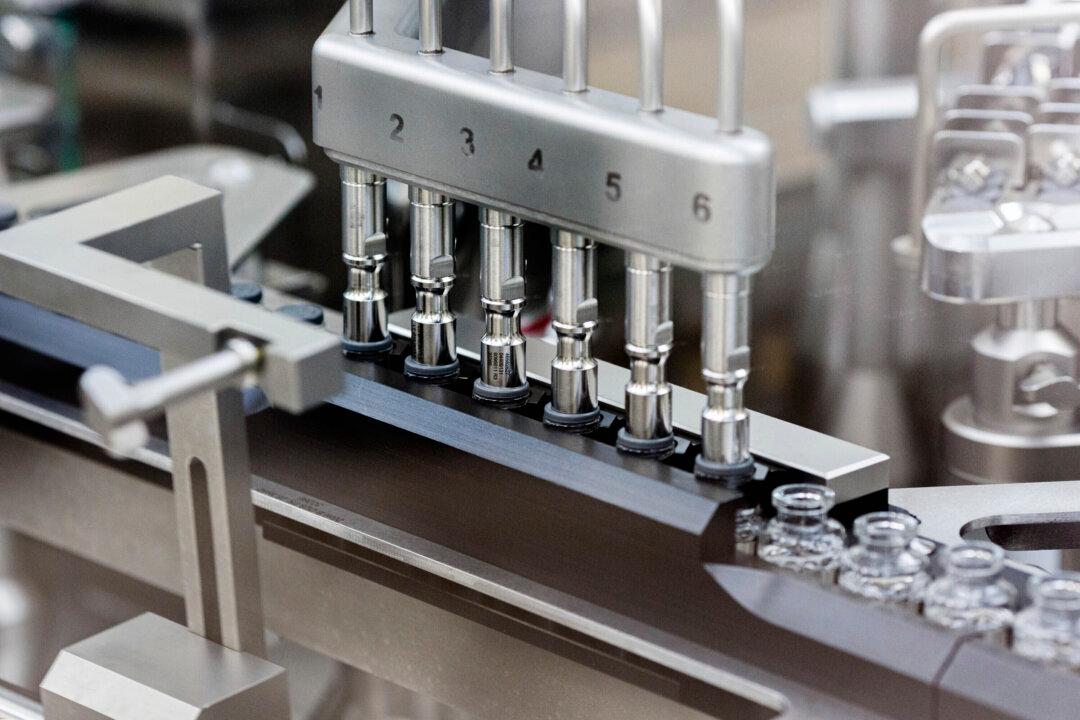Gilead Sciences on Wednesday said it was aware of “positive data” from a study on remdesivir’s effectiveness against COVID-19 that was run by a National Institutes of Health office.
The National Institute of Allergy and Infectious Diseases (NIAID) study “has met its primary endpoint,” Gilead, which produces remdesivir, said in a statement.





